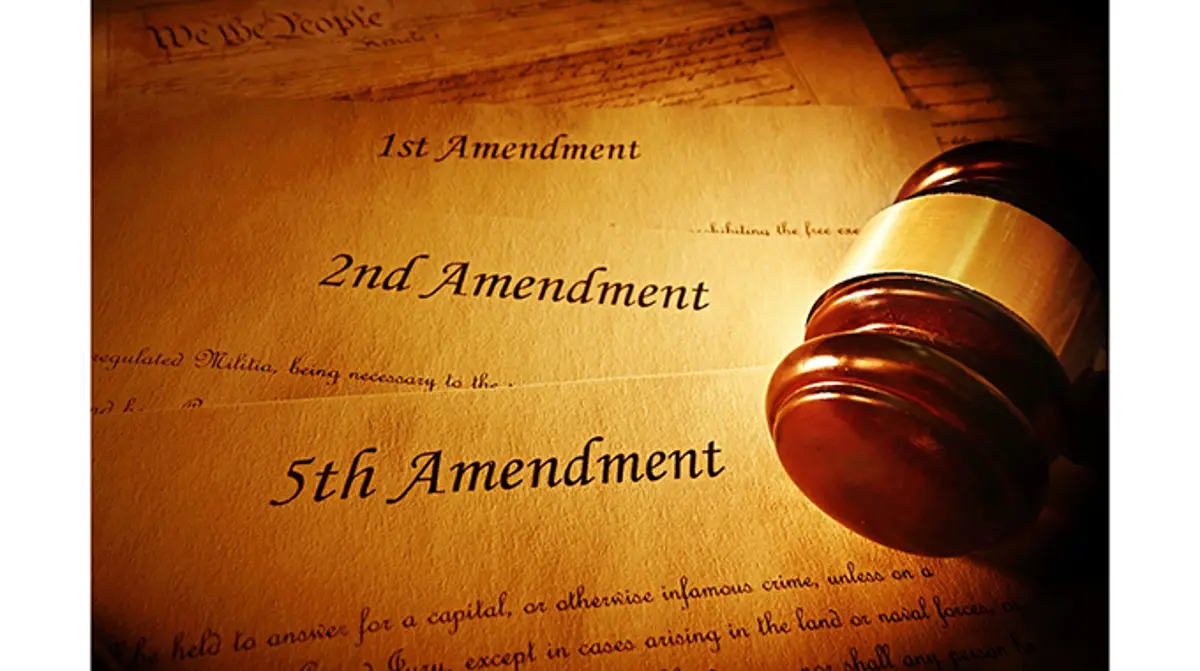
THE United States government has expressed concern over Zimbabwe’s Private Voluntary Organisations (PVOs) Amendment Bill saying it will affect the ability of faith-based organisations to provide essential services.
The PVOs Bill, which seeks to regulate operations of civic groups and non-governmental organisations (NGOs), sailed through the Senate on February 1.
It now awaits President Emmerson Mnangagwa’s assent.
In a report titled: Zimbabwe 2022 international religious freedom report, the US government said the PVOs Amendment was gravely a threat to organisations providing life-saving services.
“If passed, members of civil society stated, the amendments would require all trusts to register as PVOs, including faith-based organisations with no transitional provisions,” the report read.
“In meetings with the government, embassy officials raised concern about the likely impacts of the draft PVOs Amendment Bill on faith-based and other NGOs and their ability to provide essential services, if enacted in its current form.”
Zimbabwe introduced the PVOs Amendment Bill in November 2021.
The Bill has been criticised by the opposition and pro-democracy and human rights activists as a part of a wider plot by Mnangagwa to close civic space.
- Poor families fear PVO could decimate livelihoods
- Poor families fear PVO could decimate livelihoods
- Poor families fear PVO could decimate livelihoods
- Mr President, you missed the opportunity to be the veritable voice of conscience
Keep Reading
The law stipulates that NGOs and civic society organisations (CSOs) should disclose their sources of funding.
It requires the organisations to sign a memorandum of understanding (MoU) with government defining their activities and zones of geographic coverage.
It also states that international NGOs “shall not digress into programmes that are not specified in the MoU as agreed upon by line ministries and registered by the registrar.”
Local NGOs, including those that are faith-based, have no legal obligation to sign an MoU with the government but “shall, prior to their registration, notify the local authorities of their intended operations.”
The law gives the government the authority to “deregister any private voluntary organisation that fails to comply with its conditions of registration.”
The US report added: “Religious and civil society groups reported increased government monitoring of public events, prayer rallies, church congregations, and activities of religiously affiliated NGOs perceived to be critical of the government.
“NGOs and religious leaders continued to report that security services targeted some religious officials who engaged in political discourse perceived as negative towards the government.
“According to faith leaders, intelligence officials asked churches to submit them transcripts or recordings of specific sermons thought to be critical of the government.
“According to one faith leader, security services targeted religious officials who criticised what they described as the government’s politicised distribution of food aid.”









